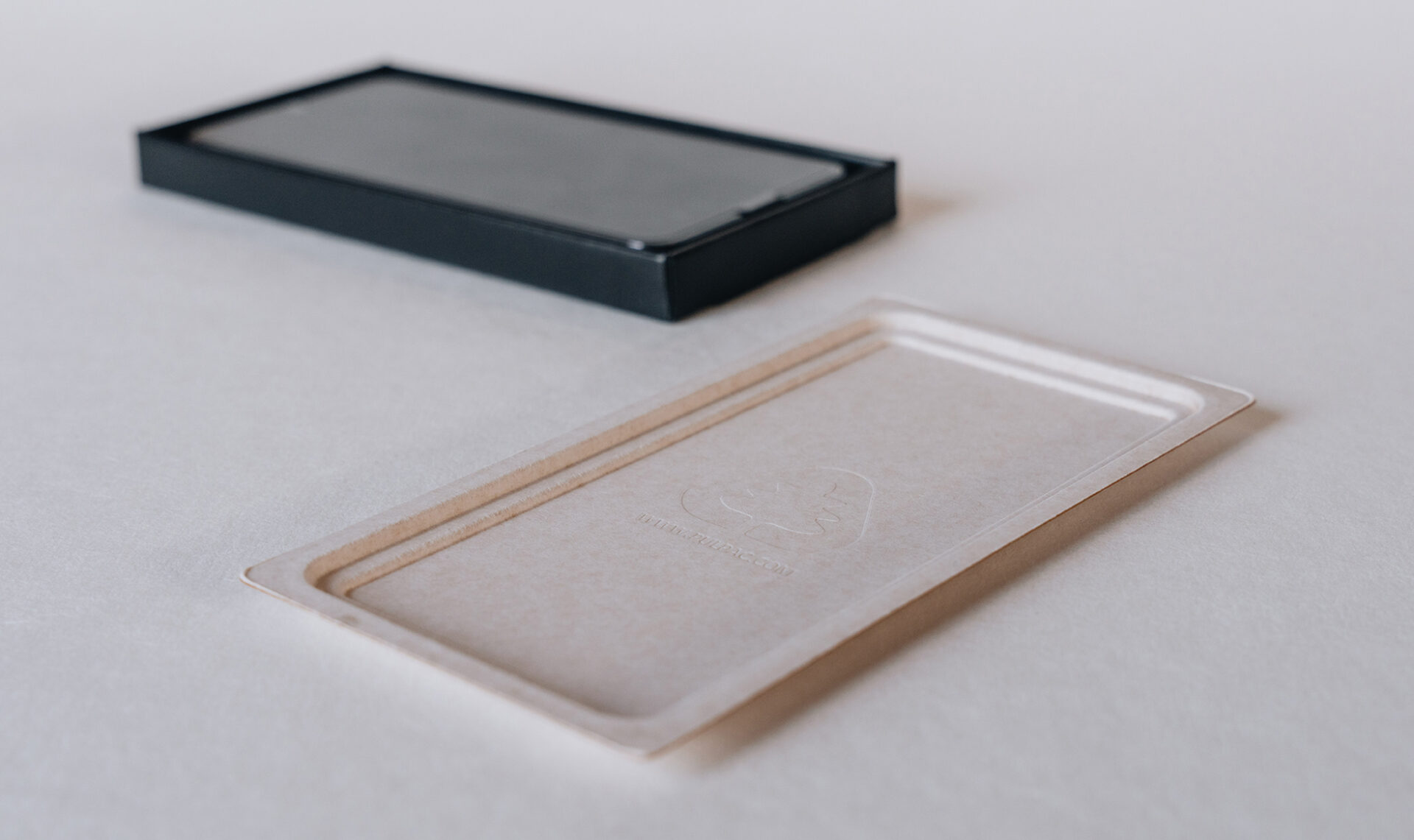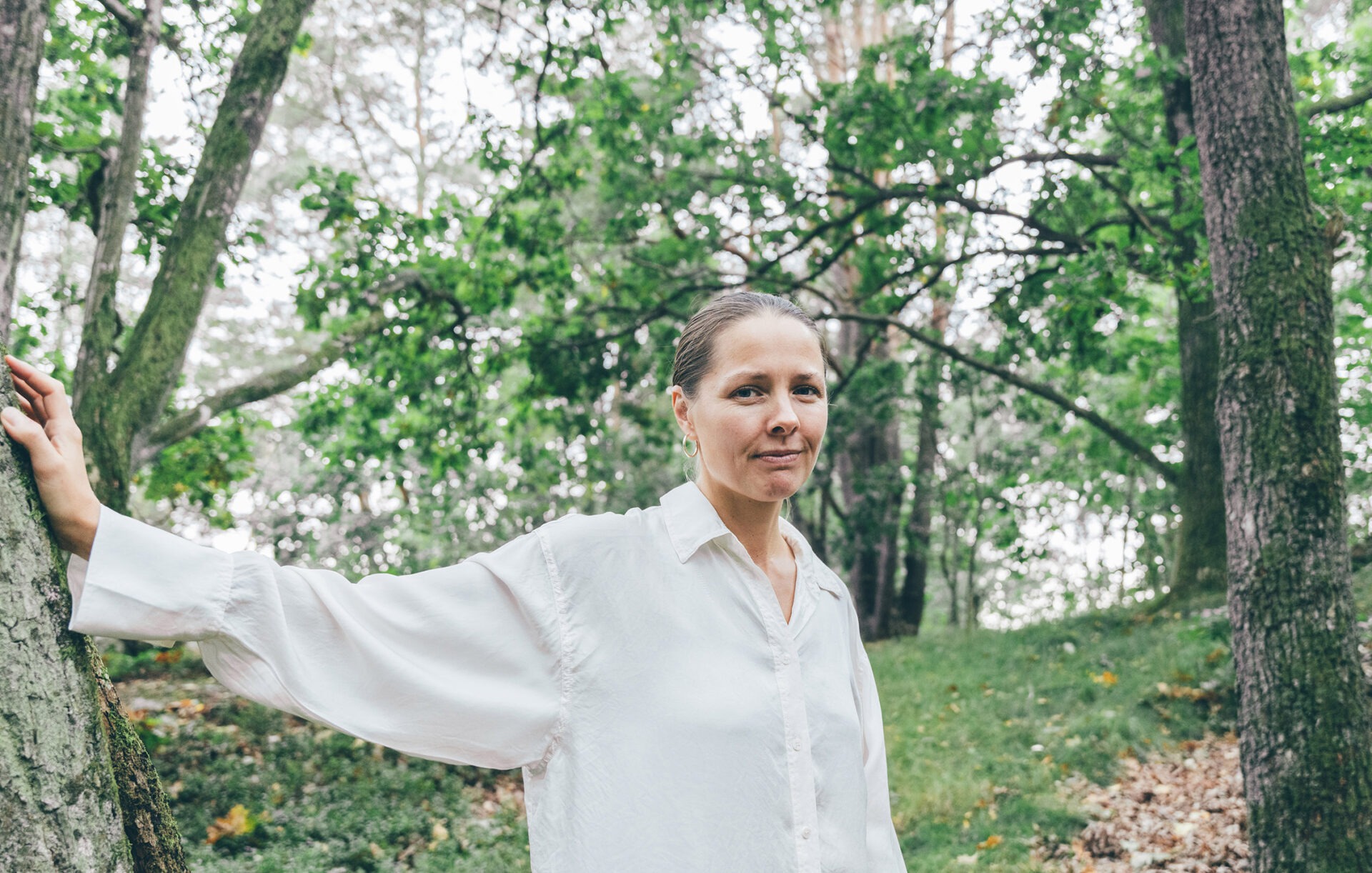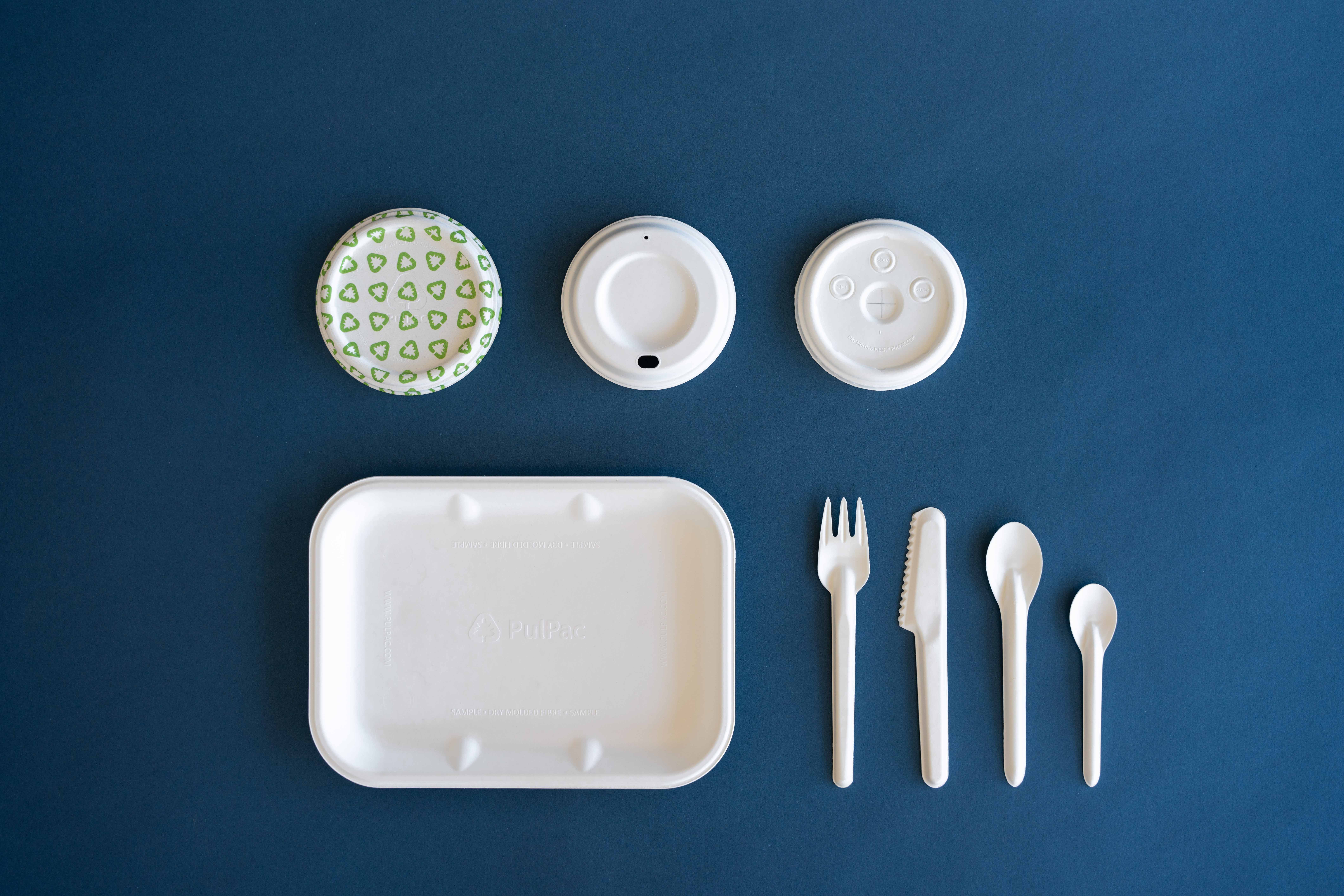
PulPac welcomes the PPWR Directive
PulPac welcomes the EU-led push for circularity in packaging with the adopted PPWR directive – Advocates all member states and the European Council to push for a technology-agnostic approach.
PulPac, a leader in the novel dry molding technology for sustainable packaging, welcomes the development of the Packaging and Packaging Waste Directive (PPWR) recently adopted by the European Parliament. The discussions that now follow between the member states and the European Council are crucial to finding a compromise with sufficient support to pass into legislation.
PulPac encourages all parties to embrace the directive’s sustainability core but focus more on a technology-agnostic approach for a fair and open market. This approach fosters competition and innovation, avoiding overly complicated rules with many exceptions. PPWR could, like the SUPD, be a pivotal platform of principals that empowers EU-led innovation, job growth, and improved health and safety while driving circularity in the packaging industry.
“especially in convenience products and food packaging, We see that recycling of renewable fibers has a systemic benefit”
– Nathalie Bödtker-Lund, Head of Sustainability & Impact at PulPac –
“If governments issue too complex regulations on a product level, we see huge risks for suboptimization. Or worst case, even blocked innovation and lost jobs in an industry that has a turnover of hundreds of millions of tons of materials annually and employs a lot of people“, comments Nathalie Bödtker-Lund, Head of Sustainability & Impact at PulPac.
PulPac advocates for allowing the market to balance function, cost, and impact for each solution whilst regulation prohibiting dangerous materials. PulPac also welcomes the PPWR efforts to ban PFAS and BPA for food or water contact. They are chemicals prone to long-term contamination throughout ecosystems with significant health risks. Fortunately, the packaging industry is pushing for circularity and moving away from non-sustainable chemicals with massive investments into new technology – but the sheer number of packaging solutions and features needed make case-by-case product legislation very challenging.
“Especially in convenience products and food packaging, we see that recycling of renewable fibers has a systemic benefit over often fossil based-plastic reuse items in terms of achieving cost efficiency, good hygiene, and product shelf life at a low impact. Recycled fiber packaging uses existing infrastructure for paper waste and the environmental gains from replacing single-use plastic, such as lower CO2 footprint. The re-use can model a great compliment to convenience but remains unproven on a macro scale, and it remains unclear how many times a consumer needs to reuse for the systems to work”, continues Nathalie Bödtker-Lund
As a leader in sustainable packaging, PulPac highlights Dry Molded Fiber as a novel technology solving critical challenges for circularity. Dry Molded Fiber offers a solution that enhances sustainability without compromising consumer convenience or manufacturing cost. For example, PulPac’s standardized products for food service can enter the existing paper waste stream, where fibers may be recycled up to 25 times. Misplaced products will biodegrade. As part of PulPac’s ongoing product development, supported by the Swedish Innovation Agency Vinnova, PulPac has validated recyclability, as well as 100% biodegradability in less than 90 days, via third-party tests conducted by Research Institute of Sweden (RISE).
PulPac looks forward to contributing to positive legislative outcomes, spearheading sustainability in packaging via innovation, and ensuring a technology-agnostic approach for fair competition that aligns with environmental goals while addressing the dynamic needs of industries’ and consumers’ best interests.


